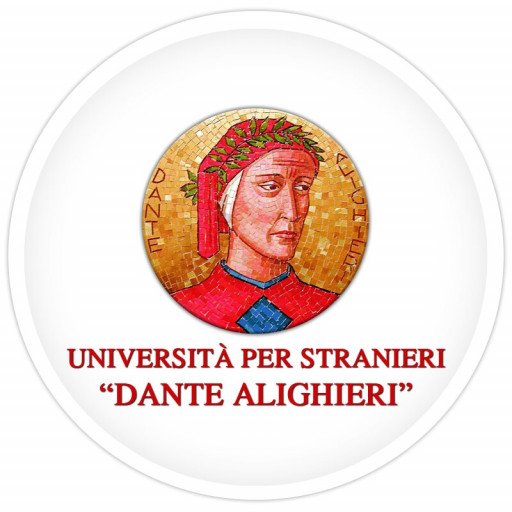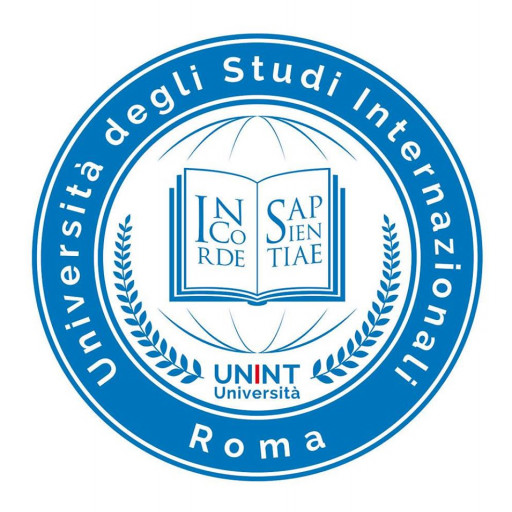This is a 72 UOC Application approved by the National Accreditation Authority for Translators and Interpreters (NAATI). The application aims to equip graduates with the basic theoretical understanding and practical skills to are ethical and capable interpreters in international and domestic settings. The aspects of specialisation covered from the program are legal, medical, company, conference and community interpreting. The application is staffed by leading professionals and researchers within the field, students receive training that draws on the consequences of research and practical experience to guarantee effectiveness and relevance. Academic content is complemented by professional practical experience where students are able to use what was learned in course in real professional settings
The Master of Interpreting at UNSW Sydney is a comprehensive postgraduate program designed to equip students with advanced skills in professional interpreting across a variety of settings. This program offers a rigorous curriculum that combines theoretical knowledge with practical application, preparing graduates to excel in the dynamic and demanding field of interpretation. Students will develop fluency and accuracy in their chosen languages, mastering techniques that enable effective communication between speakers of different languages in diverse contexts.
The program covers a wide range of interpreting modes, including conference, community, and liaison interpreting, ensuring that students are versatile and adaptable for various professional environments. Emphasis is placed on ethical considerations, cultural awareness, and the development of critical thinking skills necessary for high-stakes interpreting scenarios. Through a combination of lectures, simulated interpreting exercises, and real-world practice, students gain confidence and competence in handling complex, sensitive, or confidential information.
Furthermore, the program incorporates training in the use of cutting-edge interpreting technology, including remote interpreting platforms, interpreting booths, and digital resources that are increasingly utilized in the industry. Students also have access to state-of-the-art facilities that mirror professional interpreting environments. Throughout the course, students receive personalized feedback from experienced interpreters, allowing them to refine their techniques and build a professional portfolio.
Graduates of the Master of Interpreting can pursue careers in a variety of sectors, such as international conferences, government agencies, legal and medical settings, and community services. The program is designed not only to enhance linguistic proficiency but also to cultivate critical skills in professionalism, ethical conduct, and intercultural communication. With the growing demand for skilled interpreters worldwide, UNSW Sydney’s program aims to prepare students to meet industry standards and contribute meaningfully to global communication and understanding.
- Bachelor degree or equivalent in a relevant Field with a Listing of academic achievement equivalent to a UNSW credit average (65 Percent ) and an advanced level of bilingual proficiency
- Or Bachelor degree or equivalent in any Subject with a record of academic achievement equivalent to a UNSW credit average (65 Percent ) plus 1 year relevant professional experience and a Complex level of bilingual proficiency
- Or a Honours degree or the Graduate Diploma or equivalent in any Subject with a record of academic achievement equivalent to a UNSW credit average (65 Percent ) and an advanced level of bilingual proficiency
The Master of Interpreting at UNSW Sydney offers various financial options to support students throughout their studies. As an internationally recognized program, tuition fees are determined annually and may vary depending on the student’s residency status. International students are generally required to pay higher tuition fees compared to domestic students. These tuition fees cover access to world-class interpreting labs, expert faculty, and comprehensive coursework resources. Domestic students may have access to Commonwealth Supported Places (CSP), which subsidize tuition costs, significantly reducing the financial burden.
In addition to tuition costs, students should consider expenses related to textbooks, software, and language resources, which are essential for coursework and practical training. Many students incur costs for travel and accommodation, especially if participating in internships or study abroad opportunities integrated into the program. Financial aid options are available for eligible students, including government grants, scholarships, and bursaries. UNSW offers a range of scholarships specifically for linguistics and interpreting students, which are awarded based on academic merit, financial need, or both.
Students are encouraged to explore external funding sources such as international scholarships, private grants, and sponsorships, which can help offset tuition and living expenses. Part-time employment is also a common way for students to support themselves during their studies, with many students balancing work and study effectively at UNSW Sydney. The university's financial services provide guidance on budgeting, financial planning, and accessing emergency funds if necessary.
Graduate employment prospects and the potential earning capacity after completing the program also influence students’ investment considerations. Graduates of the Master of Interpreting often find employment in various sectors including government agencies, international organizations, legal settings, healthcare, and private industry, with competitive salaries supporting future financial stability. Overall, students should plan their finances carefully, consider all available financial aid options, and utilize university resources to manage the costs associated with pursuing interpreting studies at UNSW Sydney.
The Master of Translation and Interpreting at UNSW Sydney is a comprehensive program designed to equip students with advanced language skills and specialized knowledge necessary for professional careers in translation and interpreting. This program typically caters to individuals who are fluent in at least two languages and seek to develop their expertise within a structured academic framework that combines theoretical foundations with practical application. The curriculum often includes core courses in translation theories, interpreting techniques, linguistics, intercultural communication, and ethics in translation practices. Additionally, students may have the opportunity to specialize in specific fields such as legal, medical, or technical interpreting to enhance their employability in diverse sectors.
The program emphasizes both spoken and written interpreting skills, with practical components that involve simulated interpreting scenarios, workshops, and real-world assignments. Students are usually trained to work with a variety of interpreting settings, including conference interpreting, community interpreting, and remote interpreting. Instructors are often experienced professionals and academics within the fields of translation and interpreting, providing mentorship and industry insights that prepare students for the workforce.
Furthermore, UNSW Sydney's program encourages students to develop research skills pertinent to translation studies, allowing for scholarly contributions in this field. Internships or industry placements might be integrated into the course structure to provide practical experience and networking opportunities. Graduates of the program are typically well-prepared for careers as professional interpreters and translators in government, international organizations, law enforcement, healthcare, and private companies. They may also pursue further academic research or teaching positions in translation studies. Overall, the program positions students at the forefront of the interpreting profession, combining language mastery, cultural competence, and professional ethics to meet the demands of a globalized world.








